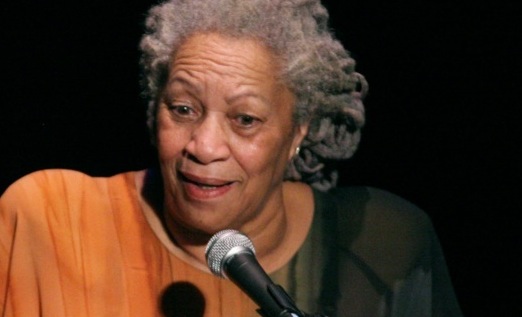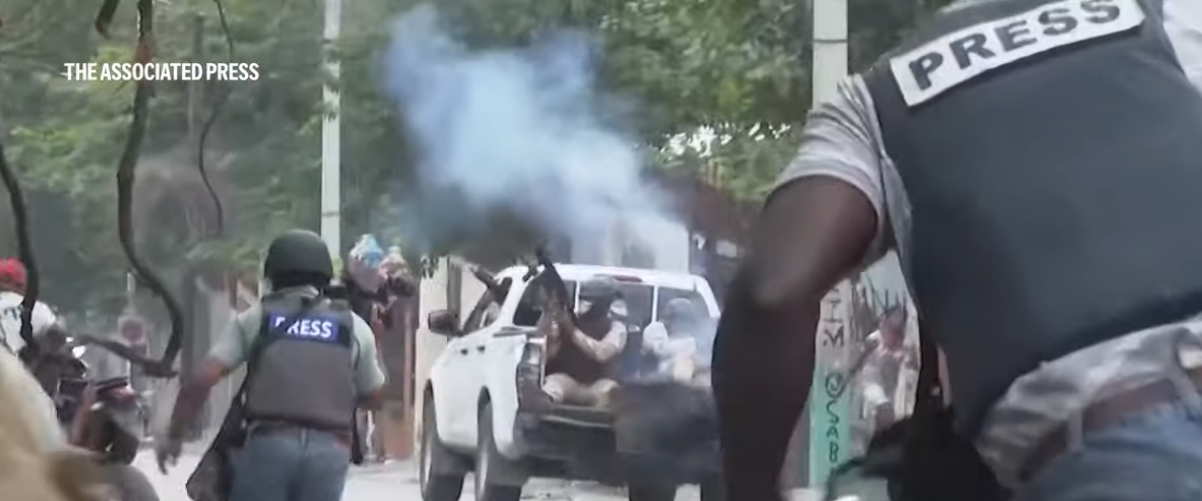Toni Morrison
[Black Star News Editorial]
An article in The Wall Street Journal this week points to the grave crises facing Historically Black Colleges and Universities (HBCUs). Plunging enrollments threaten the survival of many of these schools.
Even Howard University, the pearl of these institutions is under serious duress. Its president, Sidney A. Ribeau, was forced to retire this week.
A decline in Howard’s enrollment resulted in a downgrade of the university’s bond rating.
Howard was founded in 1867 and its graduates include the late Supreme Court Justice Thurgood Marshall, Nobel-prize winning author Toni Morrison, the late civil rights leader and nationalist leader Kwame Toure, a.k.a. Stokely Carmichael, and many other notables.
Dr. Martin Luther King Jr. and the great scholar WEB Dubois also attended HBCUs.
Johnny C. Taylor Jr., president and CEO of the Thurgood Marshall College Fund — the organization that awards scholarships to HBCU students told The Journal: “We’re really at a tipping point.” He added: “There are so many teetering on the edge right now…without some kind of intervention, 20% to 30% [of the schools] cannot survive another decade.”
This is seriously sad business.
As The Journal correctly notes: “Historically black schools are particularly vulnerable because the recession hit African-American families harder than almost any other demographic, and the schools themselves generally have small endowments and are heavily reliant on tuition.”
John Silvanus Wilson Jr., president of Morehouse College, told The Journal that only four of the 105 HBCUs have had capital campaigns— which are fund-raising efforts that last over several years, of $100 million or more.
The main reason for the decline is that many parents aren’t able to afford the tuition payments especially for the new incoming classes in these days of economic uncertainty. Of course things could turn around when the nation regains a more solid economic footing. This may not be in the short run, given the shenanigans of the Republican Party, including the ongoing shutdown of the federal government and their threats not to agree to an increase in the debt ceiling.
In the meantime, things will get worse for the HBCUs.
Compounding the problem is the tightening eligibility requirements for Plus Loans by the Department of Education in 2012. These loans, taken by parents on behalf of their children, are relied on by low-income families who use the money to help pay tuition. Partly as a result of the tighter requirements, enrollment at Howard declined by 6.3%.
An analysis by The Wall Street Journal of 85 HBCUs found that between 2010 and 2012 “nearly one third of them saw a decline in enrollment of 10% or more.”
This is the moment for African Americans of financial means and resources to step forward and be willing to support HBCUs.
These institutions played a critical role in producing the early generation of early Black leadership especially at a time when racial discrimination barred African Americans from educational and other establishments.
And they can play an important role now and in the future. HBCUs also will have to adapt.
Beyond just the inability of students to meet tuition cost, there is another reality that confronts HBCUs. How this is dealt with may determine whether many survive or not.
Reportedly, more than 90% of African Americans who go on to higher education today do not study in HBCUs. Maybe some smaller HBCUs will have to merge with others.
Students will need additional incentives to turn to HBCUs. This means that in order to attract more students HBCUs have to conduct radical transformations. Perhaps focusing on more specialized training better geared to landing jobs for students. This would set HBCUs apart from many traditional colleges and universities. HBCUs could also partner with other better-resourced institutions.
Also, most HBCUs already have a diverse student population.
This newspaper is happy to hear any ideas and to play any role in putting together the parties willing to develop strategies and programs to save Howard and other schools.
HBCUs can transform. They must not be allowed to perish.
milton@blackstarnews.com






